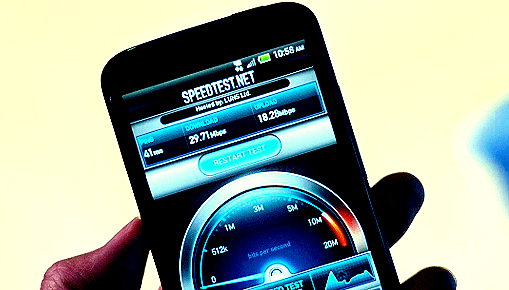TRAI has released recommendations to better the current stature of broadband delivery in the country. The recommendations are based on the responses it received from the stakeholders for its consultation paper, which was published on 24th September 2014. An open house discussion too was held on this regard.
According to the paper, India exhibits a really slow penetration of broadband, with only 1.2 per 100 inhabitants having access to fixed broadband. In the wireless broadband, India is ranked at 3.2 per 100 inhabitants. In terms of ICT, India stands at 129th position out of the total 166 countries. Overall, the country is categorized in the least connected countries’ group.

The reasons for this slow growth are attributed to matters such as RoW charges, the lack of availability of a sufficient quantum of globally harmonized spectrum, non-availability of adequate bandwidth in the backhaul, stringent regulations in erecting towers, delay in procurement of satellite capacity on foreign satellites through DoS, and the slow responses from BBNL, the organization responsible for implementing National Optical Fibre Network (NOFN) project.
To solve the issues, TRAI recommended to make Wireless Planning and Coordination (WPC) wing of Department of Telecom into an independent body. The multi-layered structure of decision making process on NOFN project is also suggested to be overhauled, so that the BBNL processes will get fastened.
TRAI also called for an urgent need for audit of all allocated spectrum given to the organizations by an independent agency. Based on the audit, a clear roadmap need to be laid for spectrum management.
To solve the RoW charges, TRAI suggested to make a single-window clearance system for all RoW proposals at State and Central level, besides National RoW policy that can ensure uniformity n cost and procedures. A similar single-window clearance is suggested for installation of towers as well.
In order to promote fixed broadband lines, TRAI advised to exempt the revenue earned from fixed BB for at least five years. A suggestion to provide subsidies for BB connectivity will encourage schools in remote areas to adopt BB services, said TRAI. Besides, the cable networks also can provide BB, if the operators are allowed to function as resellers of ISP license holders.
In hosting of contents, TRAI urges the Government to encourage local and foreign companies to build ‘Data Centre Packs’ on the lines of industrial parks, SEZs etc, by providing them necessary land and infrastructure at reasonable costs.
Titled as ‘Delivering Broadband Quickly: What do we need to do?’ the paper covers a large number of recommendations of the authority to improve the broadband connectivity across the nation.















